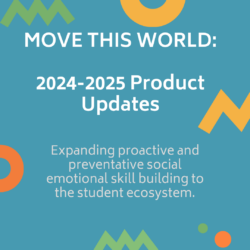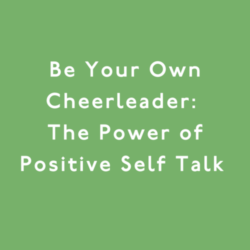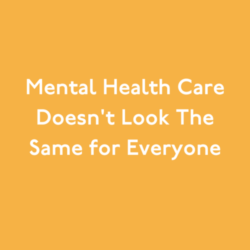This piece was originally published in The Hechinger Report on Jan. 27, 2021.
People need people — and children need human interaction even more than adults do. So what happens to young children when “stranger danger” becomes a health mandate, schools and libraries close and anxious parents desperately try to juggle work-life balance? Are we creating “Generation Covid,” branding our children as social misfits for a lifetime and sending their learning potential into a tailspin?
In addition, adverse childhood experiences can lead to chronic health problems and negative educational and career outcomes. For most, however, the social cushions families provide and the playtime they engage in with their children can be protective barriers. Most children will have bad memories of the pandemic when they are older. With caring adults who hug them, provide for them and play with them, however, they will likely gain the social-emotional currency they need to thrive.
Play is precisely what children need to normalize this period. It is the elixir that allows children to cope and to learn.
When this pandemic is over, most of our children will still run toward other little people at the playground even if they have never seen them before.
At base, our children are surrounded by the types of social interactions that guarantee social-emotional learning and emotion regulation. Interactions with parents and siblings provide a constant laboratory for children learning how to navigate sharing, taking turns and argument-building — such as, “I need to have pizza for dinner because…”
And, as Harvard researcher Stephanie Jones reminds us, “Research over the last decade shows us how foundational self-regulation is to success in all areas of life, including relationships, school, parenting and the workplace.” It is one of the best predictors of later learning and social outcomes.
Remarkably, one of the best avenues for practicing these critical social-emotional skills is through play. In play, motivated children negotiate turns, enrich language skills and even learn how to plan their next move and become aware of and control their impulses. A simple game of Simon Says requires children to think before they act.
The game “Red Light, Green Light” can be played across the living room floor to tap these same skills. Outside of organized games, just learning to draw together or to tell and act out stories enhances the very abilities that will be foundational for learning to collaborate, to control one’s actions and to build relationships.
Play is precisely what children need to normalize this period. It is the elixir that allows them to cope and to learn. According to research by the American Academy of Pediatrics, in the presence of childhood adversity, play becomes even more important, and the mutual joy of shared interactions that parents and children can experience during play regulates the body’s stress response. If there were ever a time when we needed a prescription for play, it is now.
Three-year-old Jason was afraid to let his mother out of his sight because he sensed the anxiety in dinner discussions around Covid and smelled the smoke outside his San Francisco home when wildfires raged. He found a new sense of empowerment when he became a character in the “PAW Patrol” TV series and learned that he could safely leave his mother’s side to become a hero in his newly imagined episode.
Five-year-old Ellie sensed things were very wrong when schools closed, museums were no longer available and library story time was absent from her weekly routine. But piles of Amazon boxes taped together to make intricate forts allowed her to defend herself against intruders and even to welcome her brother into the safe space.
Social-emotional learning and emotion regulation happen during playtime. Play also sets the foundation for the many competencies that children will need to have as they travel through school and life. Social-emotional competencies are not soft skills, but rather the very essence of “hard skills” that prepare us for life. We need to nurture these skills through play even when the school doors are closed.
Just as we would practice reading or math or dribbling a basketball, we must practice learning how to identify, express and manage our emotions and our behavior; to put ourselves in someone else’s shoes; to solve problems. Play is the way we engage these muscles and continue to strengthen them over time. In this time of social isolation and distance relationships, play might be as important for us as it is for our children.
No question — after nine months of rolling lockdowns, children, like their parents, have had to learn to deal with boredom. But, from an optimistic viewpoint, these moments of loneliness and boredom can also be a powerful source of creativity. We can relieve the pressure on ourselves to be the “CEOs of play” by following our kids’ leads, guiding and directing them, trusting them to fill the space and the silence and to find their own interests. Let’s just add intentional pockets of playtime to the schedule that we plan for ourselves and our kids each day.
Bottom line? The science tells us that most children are flexible and adaptable. Soon the schoolyards will be filled with happy children again creating friendships in person rather than over Zoom. Until then, rest assured that our children can learn the critical skills of social-emotional learning and emotion regulation, if we give them the time to play and if we take just a bit of time to play with them.










